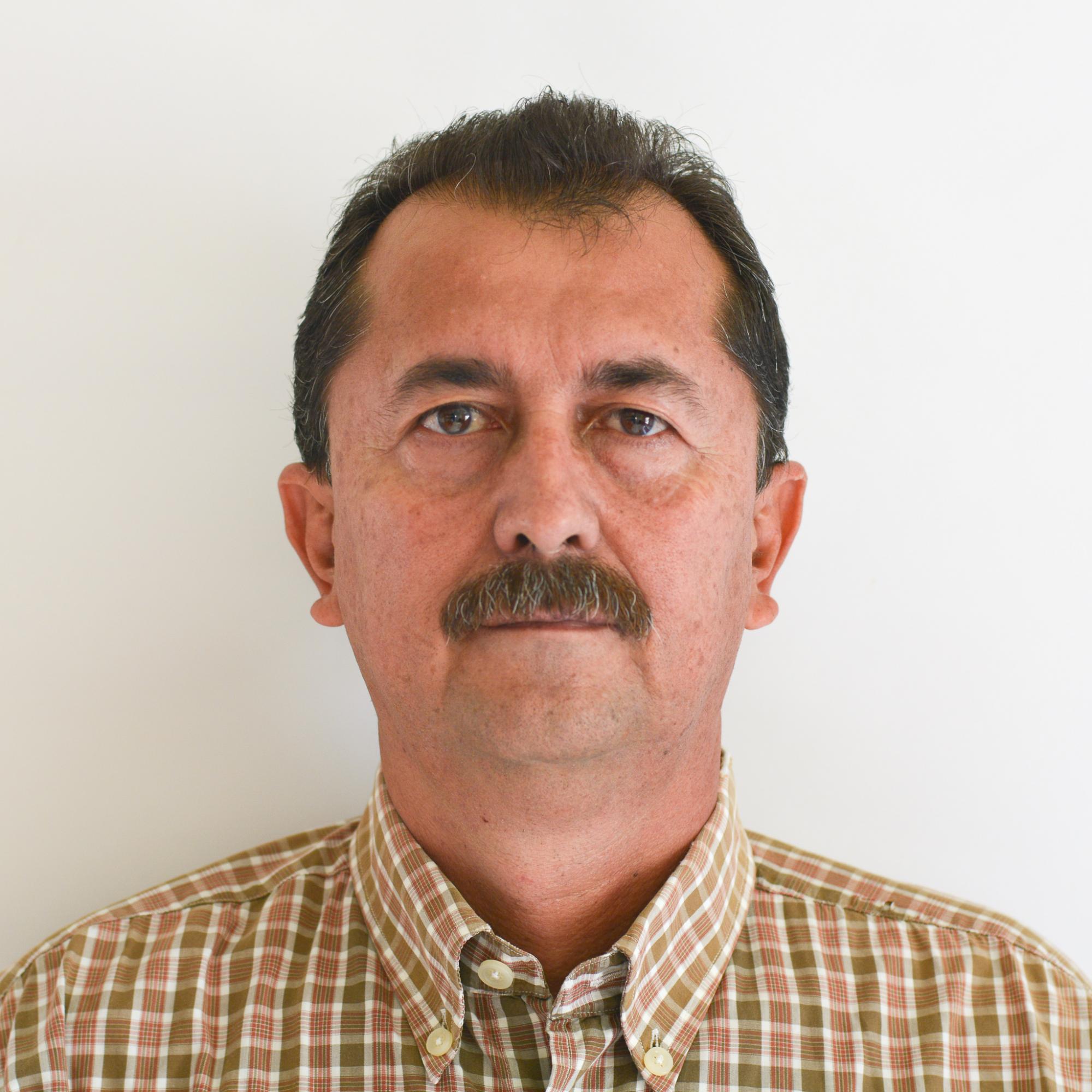There is a saying that you don’t know what you have until you lose it. I would add “or until you see the real and present danger that you could lose it.”
Something similar happened to our natural resources. For a long time, we had accessible clean water, pure air to breathe and clean and beautiful surroundings. However, when our city began to grow, we started to see garbage lying around; air quality became poor; and we were told that the rivers and streams (where our increasingly scarce water comes from) were endangered by concessions the government granted to companies to mine gold at the headwaters.
We began to get worried.
Our responsibility for the environment
This led us to take looking after the natural environment seriously, and we joined forces with many people who have a deep love for nature, including those who don’t necessarily consider themselves Christian. Concretely, we believed that it was our responsibility to involve our church in the struggle against the grave environmental consequences of gold exploitation in the Cajamarca region.
This was how we began to participate in multiple “Carnival Marches” in favour of life, water and land sovereignty for our region.
In addition to the ecological and social implications, it had political repercussions because it led to public deliberation processes in which people could decide whether they wanted mining operations in their communities that affected their natural environment or not. These public processes contradict the laws that argue that our government owns the ground below our feet and as such can decide what to do with it without prior consultation and consent. These large protests and the negativity expressed by the communities during the consultations have led to the suspension and withdrawal of the mining company from Cajamarca for now, and we hope for ever.
Environmental consciousness in the church
At the same time, we came to understand that our church communities did not know much about the environment and certainly did not have an environmental consciousness. For this reason, we started a Sunday school series about the environment for adolescents, youth and adults which we call Eco-theology. A number of us shared about the topic in order to understand the reasons why God our Father and Creator of everything that exists calls us to take care of creation.
The topic has garnered a lot of interest in our community and we have begun to see clear commitments and initiatives on the part of our members. Some of these appear futile at an individual level, but when seen together, add up to have an effect.
For example, we realized that we should recycle, so we set up an ecological station at church where we separate our garbage to facilitate recycling. Our members began to collect the plastic lids from beverage containers which we put together and donate to “lids for healing”, an organization that uses the proceeds from recycling them to care for children with cancer.
Once we spoke about the negative impact of batteries and cell phone batteries, some members began to bring those to church too and now we need to get an adequate container to collect them and later take them to a depot that knows what to do with them.
Another woman from the church realized that we could project the order of service onto the wall rather than print it out and in this way save some trees.
As such, small acts like picking up garbage, walking, biking, not using disposable plates and other little things have become important to all of us.

Creation care was the focus of the teaching at our church for a whole year. We believe that now we are a community that expresses a high regard for and commitment to the environment.
—Jose Antonio Vaca Bello is a member of Iglesia Cristiana Menonita Ibagué in Tolima, Colombia.
This article first appeared in Courier/Correo/Courrier April 2018.